{{phone.Value}}
successful admissions
of students enter the university of their choice
students consult Education Index when applying for universites
successful admissions
of students enter the university of their choice
students consult Education Index when applying for universites
The first year develops calculus and other topics you might have seen at A-level such as mechanics and probability. Modules on linear algebra and analysis introduce important new ideas which will be used in following years. A module on problem solving skills encourages you to develop ways of tackling unfamiliar problems and provides an opportunity for group working.
The second year combines compulsory and optional modules. The compulsory modules introduce you to exciting applications of mathematics such as fluid flow and aerodynamics, alongside developing your understanding of the theoretical underpinning of modern mathematics.
In addition to optional modules such as statistics, which is available every year, we offer four specialist topics each year. These topics are updated annually: recent topics offered include quantum mechanics, mathematical modelling, cryptography and topology. You are also able to take a module in a mathematics-related subject such as business, computing or accounting, which will be lectured by another School in the University.
In the final year of your degree programme there are no compulsory modules. There is wide a choice of modules covering topics in pure mathematics, applied mathematics and statistics as well as modules on the history of mathematics and the theory of teaching mathematics. As in year two, if desired you are able to study a complementary subject lectured by another School in the University.




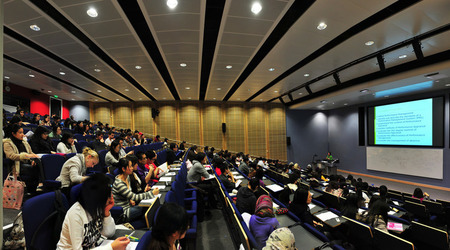
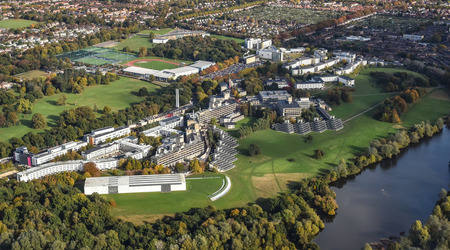
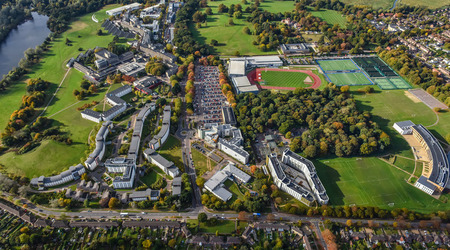

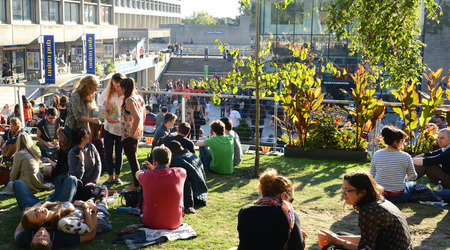


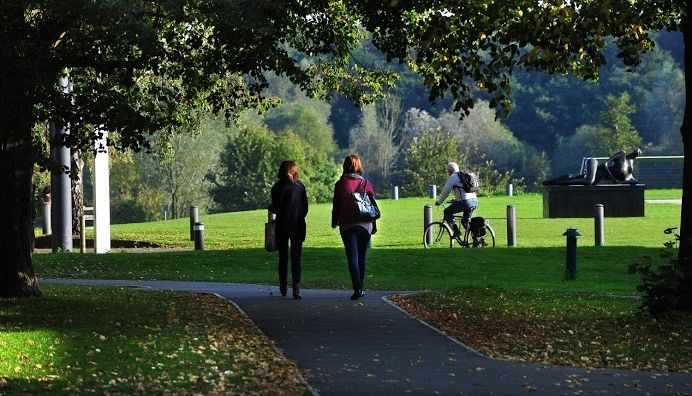
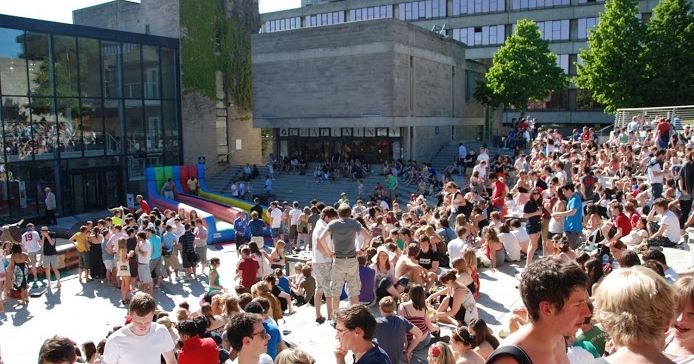
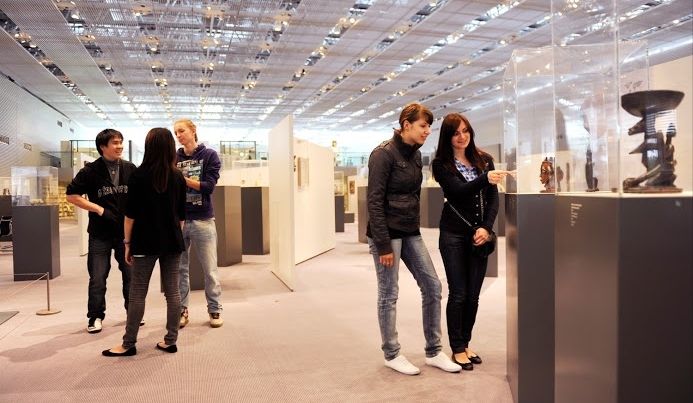
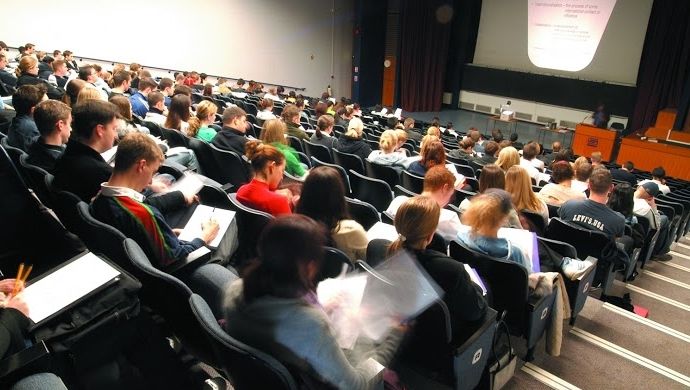
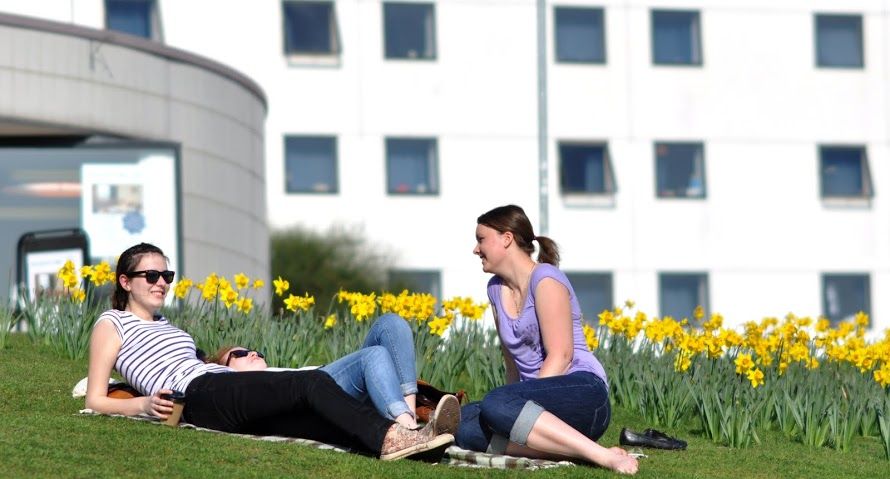
The University of East Anglia is based in the vibrant city of Norwich, located in the east of England. The city is less than two hours by train from London and is a unique blend of historic English architecture and modern design, which creates a dynamic and unforgettable atmosphere.
Norwich is home to eight theatres, five museums, four cinemas, two cathedrals, four music venues and a castle. There are 300 pubs, restaurants and bars,1500 historic buildings as well as modern developments such as The Forum, which is the home of the regional BBC studio and the award-winning Millennium Library.
As a base for exploring Britain, Norwich is just a short journey from Cambridge and other key cities with coaches and trains conveniently connecting you with the rest of the UK. International students are also able to take advantage of Norwich International Airport which is conveniently located 15 minutes from campus.